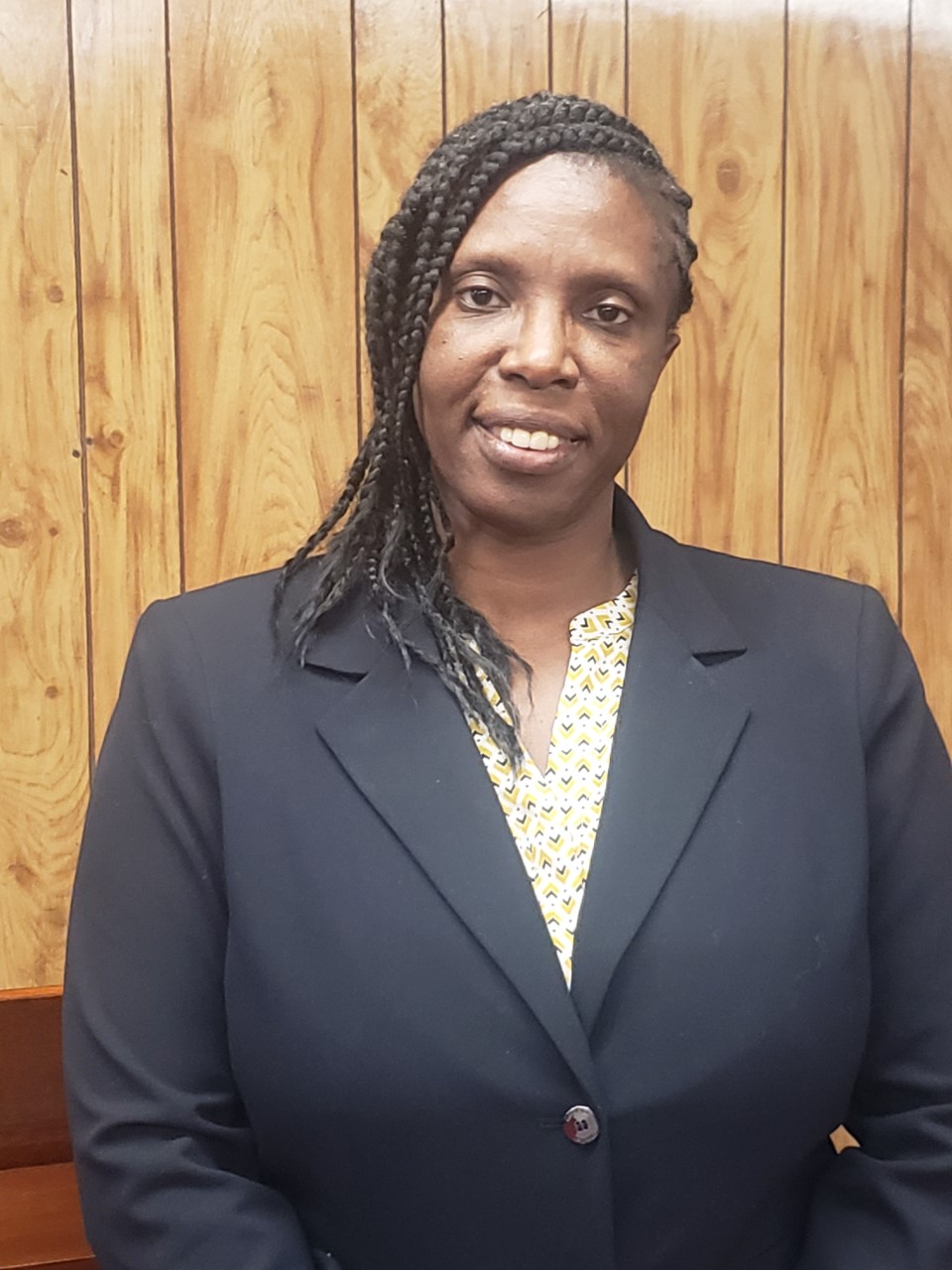Alumna Spotlight: Ingrid Anderson
A Touro NYSCAS Alum Talks About Her Challenging Career in the Prison System—and How Touro Helped Her Succeed

We recently caught up with Anderson, who shared her journey from serving in the army to working at the infamous Rikers Island jail. Find out what’s next for this intrepid alum and why she is so passionate about reshaping the prison system.
Before coming to NYSCAS, you served in the Army as a Logistician / Training & Schools NCO. What made you decide to enlist and what were your primary responsibilities?
Ever since I was a child, I’ve always envied those who serve in the armed services. I enlisted after seeing the commitment my uncle made as he showed me that serving one’s country involves being selfless and completing challenging tasks for reasons other than for self. My primary responsibilities as a Logistician/ Movements NCO were related to movements. Everything the army does, first passes through the logisticians, as we are the planners and the thinkers behind the scenes, living by our motto, “Nothing Happens Until Something Moves!” All the pertinent pieces must make sense before any mission starts or ends. We take our jobs very seriously and approach it with the attitude that if we miss even the smallest detail, someone could die. In the army, every leader has additional duties and some of mine ranged from Equal Opportunity Representative, Schools & Training NCO and Unit Prevention Leader to Suicide Prevention Leader to Suicide Prevention Train-The-Trainer.
You still serve in the Reserves, but ultimately made the decision to pursue your bachelor’s, degree majoring in Psychology & Biology. Why and what is your dream career?
I chose to pursue my higher education degree with a focus on biology and psychology, with the end goal of being accepted into the Inter-service Physician Assistant Program. Having sustained some deployment limiting injuries while enlisted, I no longer qualified to attend the Inter-service Physician Assistant Program and I was recommended for medical retirement. This prompted me to switch my focus to psychology, and I plan to pursue my PhD in Neuropsychology. I feel that this degree will enable me to help the underserved and often forgotten populations including people who are incarcerated and veterans with post-traumatic stress disorder (PTSD) and traumatic brain injury (TBI).
Where do you currently work and what are your favorite and least favorite aspects of this job?
I work for Samaritan Daytop Village as a group facilitator and as a case manager at one of the jails on Rikers Island. My favorite part of my job is being able to reach vulnerable people who are on the brink of giving up and witness them change for the better. Every day here is different! My military training and background in psychology are constantly utilized as I’m able to think differently about how people’s minds work. My least favorite part of working here is how long it takes me to get to Rikers. Oftentimes, it takes nearly two hours to get on the island and receive my necessary daily passes, clear different security gates, route buses and pass through even more security, and that’s before I begin the long walk to the office and then to the units.
What vital skills did you learn at Touro that you’re currently leveraging in this role?
Although you can never predict what each day will bring when working in a jail, one thing you can guarantee is that every kind of personality is present behind bars. It is important to be able to get along with people from all walks of life, no matter who they are or what they have done. For eight hours a day, employees are in jail as well. We all look at the same four walls, see the same people, and hear the same stories. Like the inmates, we do not get to leave for lunch, and when movement stops, it stops for the civilians also. While at Touro, Dr. Heyman taught me key stress management techniques in my health psychology class and Dr. Brenda Coultas’ poetry class had a lasting effect on me. When I’m faced with a stressful situation, I reflect on lessons learned in those classes, coupled with Army Master Resiliency Training (MRT). One session that stands out is: While facilitating group in a gang unit, I needed to get and hold the participant’s attention so I ultimately resorted to utilizing my poetic skills and began rapping to deliver these critical messages. The result was that I had everyone fully engaged and participating that day. Thinking creatively and quickly is definitely a skill that was reinforced in college that I reference often.
Tell us some interesting facts about yourself.
I’m a very quiet and private person and have often been labeled as the “quiet storm” by colleagues. While stationed in South Korea, instead of socializing with my battle buddies, I purchased a guitar and ended up teaching myself to play it during downtime in my barracks. I also play the keyboard and the drums. I started scuba diving in 1989 and surfing in 2011 and still enjoy both hobbies. My favorite go-to locations for fun ocean activities include Indonesia, the Cayman Islands, and Jamaica. I recently became a part of the New York State Chaplaincy Task Force, where I serve as a Crisis Chaplain with the National Action Network / House of Justice. Until my military injuries sidelined me, I was an active part of the ‘Run the Year’ group where the number of miles we run is based on the year. The last time I was able to compete was in 2015 and I ended up running 2,015 miles for the year. Since I can no longer run, my goal is to walk 2,020 miles this year. I do this for all my fellow veterans who can no longer hit the pavement the way we used to!

